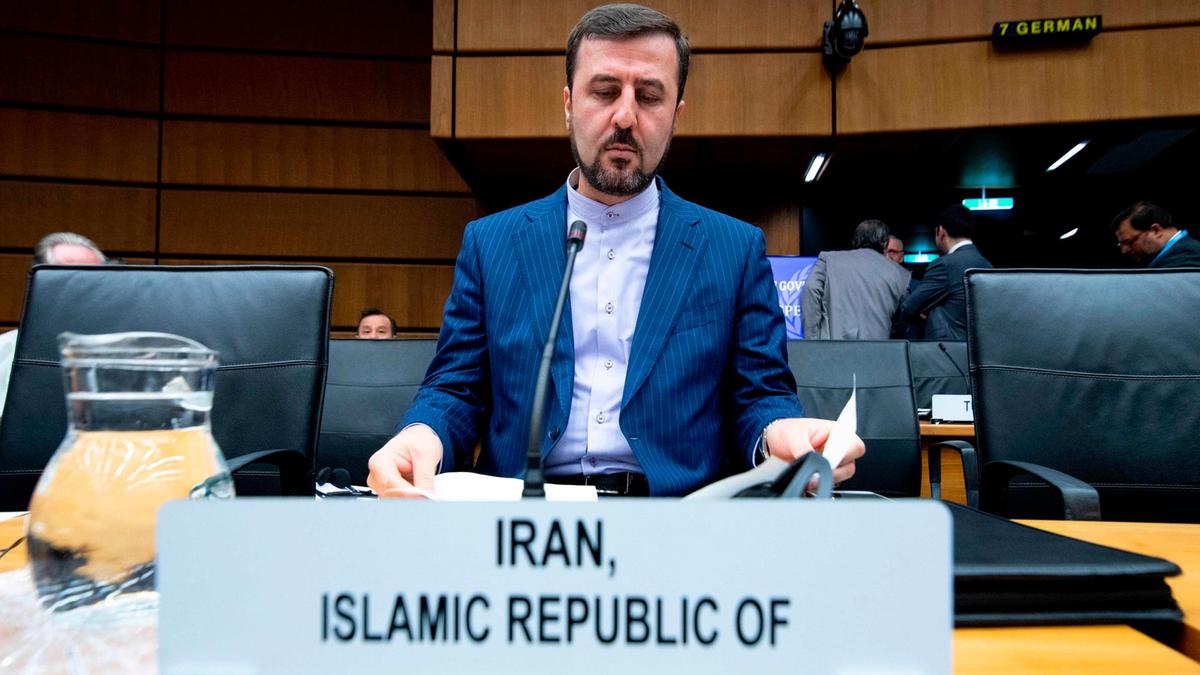Vienna, Sep 21: There might be potential ministerial-level discussions over the landmark 2015 Joint Cooperation Plan of Action (JCPOA) on the margins of the United Nations General Assembly (UNGA) session next week in New York, said Kazem Gharib Abadi, Iran’s ambassador and permanent representative to the Vienna-based international organizations.
Kazem was quoted by Sputnik News as saying, “Our minister (Javad Zarif) just left for New York. The ministers for foreign affairs are there and there is a great possibility to have a meeting, so let’s wait and see what would happen in New York.”
On Sep 14, Germany, the United Kingdom (UK), and France alongside the European Union (EU) has communicated worry over Iran activity to reduce obligations to landmark 2015 nuclear arrangement and asked Tehran to “refrain” from any further advances that are conflicting with its duties under the 2015 Joint Comprehensive Plan of Action (JCPOA) accord.
Iran’s transition to advance Uranium comes days after the US slapped sanctions on Tehran’s space organization, blaming it for masking a ballistic rocket program.
Iranian President Hassan Rouhani has urged the United States to put an end to its diplomatic sanctions and “maximum pressure” policy on his nation and said Iran would continue to cut down its obligations to the 2015 landmark international nuclear deal, if needed, state-run television reported.
Last year, President Donald Trump pulled America out of JCPOA pact, under which Tehran agreed to curb its nuclear programme in exchanges for sanction ease and access to foreign trade.
However, on Monday, Iran said Rouhani will be not meeting his US counterpart at the United Nations (UN), a few hours after White House stated it left doors open for the potential nuclear dialogues between Rouhani and Trump, according to Reuters.
Moreover, US President Donald Trump had on Tuesday said he was not looking forward to meeting his Iranian counterpart Hassan Rouhani on the sideline of the UNGA conference later this month, as tensions between the nations escalated after the US blamed Tehran for recent assault on Saudi Arabia oil plants.
Also read:
- Europe urges Iran to ‘reverse’ activities inconsistent with commitments under 2015 JCPOA
- US’ Donald Trump rules out meeting Hassan Rouhani at the UNGA post Iranian rejection

